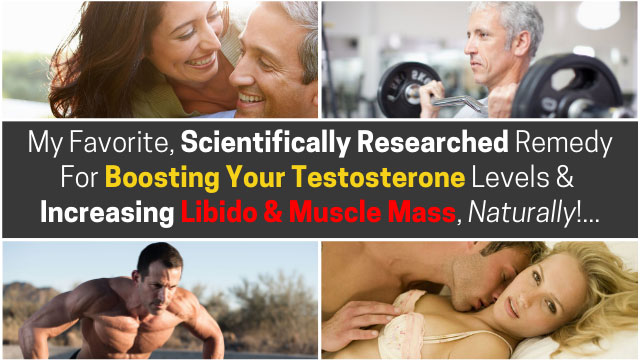Hey guys, Dr. Sam Robbins here, and today I’m diving deep into TRT, or Testosterone Replacement Therapy.
There’s a lot of misinformation floating around, so I’m here to set the record straight and share my expertise on this subject.
As someone who’s been in this field for quite some time, I’ve seen the good, the bad, and the ugly when it comes to TRT. So, let’s get started.
What Is Testosterone?
Testosterone is a crucial hormone that both men and women produce.
Men primarily produce it in the testicles, while women produce it in smaller amounts in the ovaries and adrenal glands.
Testosterone plays a key role in various bodily functions, including muscle mass, bone density, and sex drive.
As we age, testosterone levels naturally decline, which can lead to a host of symptoms.
The Misconceptions About TRT
Many doctors and TRT clinics are prescribing testosterone incorrectly.
They either overdo it or underdo certain aspects, leading to numerous side effects and unnecessary costs.
TRT is not a magical solution that will transform you into a superhuman overnight.
There are myths and misconceptions about its benefits that need to be addressed.
What TRT Won’t Do for You
- Instant Muscles: TRT alone won’t give you the physique of a bodybuilder without proper diet and exercise.
- Fix All Health Issues: It’s not a cure-all for problems like poor sleep, high blood pressure, or cholesterol issues.
- Eternal Youth: TRT can’t reverse aging. It helps manage some symptoms of low testosterone but doesn’t turn back the clock.
When Not to Use TRT
There are specific scenarios where TRT is not recommended:
- Lack of Symptoms: If you don’t have significant symptoms of low testosterone, TRT might not be necessary.
- Fertility Concerns: TRT can affect fertility by reducing sperm production.
- Genetic Predispositions: Those prone to hair loss, gynecomastia, or prostate issues may find these problems exacerbated by TRT.
Side Effects of TRT
TRT can have several side effects, especially if not managed correctly:
- Hair Loss: Increased testosterone can accelerate hair loss in genetically predisposed individuals.
- Prostate Issues: There’s a risk of prostate enlargement or cancer.
- Mood Swings: TRT can cause emotional fluctuations, including aggression or depression.
- Skin Issues: Acne and oily skin can become problems.
- Cardiovascular Risks: Blood pressure and cholesterol levels can be negatively affected.
Optimizing TRT
If you decide to proceed with TRT, it’s crucial to find a knowledgeable doctor and use the correct forms and dosages:
- Injections: The most common form. Injections are typically given weekly but can be more frequent to maintain stable levels.
- Topicals: Creams and gels are applied daily. They’re less effective than injections and can be messy.
- Pellets: Implanted under the skin and release testosterone over several months. They’re convenient but hard to adjust.
My Personal Experience
I started exploring testosterone optimization at 19, not because I needed it but out of curiosity and a desire to understand my body better.
My levels were within the normal range, but not optimal.
Through diet, supplements, and lifestyle changes, I managed to significantly increase my testosterone levels naturally.
Key Supplements and Lifestyle Changes
- Zinc: Helps balance testosterone levels.
- Vitamin D: Essential for hormone production.
- Healthy Fats: Found in foods like eggs, help maintain hormone levels.
- Regular Exercise: Particularly resistance training.
Natural Alternatives
Before considering TRT, I always recommend trying to boost your testosterone levels naturally. This includes:
- Diet: High in proteins and healthy fats.
- Exercise: Regular strength training and cardio.
- Supplements: Zinc, vitamin D, and herbal supplements like Ashwagandha and Fenugreek.
- Sleep: Ensuring 7-9 hours of quality sleep per night.
- Stress Management: Practices like meditation and yoga can help reduce stress, which negatively impacts testosterone levels.
Conclusion
TRT can be beneficial for those who truly need it, but it’s not without risks and should never be the first line of treatment.
Always consider natural methods to boost your testosterone levels first.
If you do opt for TRT, ensure you’re working with a knowledgeable professional and are well-informed about the potential side effects and long-term commitments.
Remember, the goal is to achieve your health goals safely, efficiently, and effectively.
Disclaimer: This article is for informational purposes only and is not a substitute for professional medical advice. Always consult your doctor before starting any treatment.
By following this guide, you’ll be better equipped to make informed decisions about TRT and testosterone health.
For more detailed insights and personal experiences, check out my other videos and articles. Stay healthy and informed!



